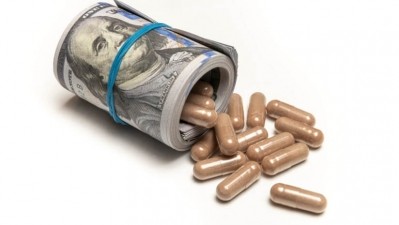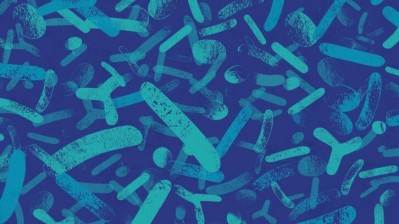Gut-brain axis: Multi-strain probiotic combination may boost cognitive and emotional function

Scientists from the University of Almeria report that 10 weeks of supplementation with a combination of Lactobacillus rhamnosus and Bifidobacterium lactis also led to improvements in cognitive flexibility, impulsivity, inhibitory ability and symptoms of depression in healthy older adults.
The study deepens our understanding of the 'gut-brain axis', a bidirectional interaction between the GI tract and the nervous system and implicates the ability of specific strains to produce key neurotransmitters like GABA, serotonin and dopamine.
Study details
The researchers recruited 33 people aged 55 or older to participate in their study. The volunteers were divided into two groups: One group consumed the probiotic capsule after breakfast (3.3 billion CFU L. rhamnosus and B. lactis) and the other group received a placebo capsule. A four week washout followed the initial 10 week study, after which the participants crossed over to the other group for a further 10 weeks.
Cognitive function, assessed using the Mini-Mental State Examination (MMSE), was found to significantly improve during the probiotic intervention, compared to placebo, with specific benefits observed for orientation, concentration/calculation and memory.
Emotional function, assessed using the Beck Depression Inventory (BDI), found significant improvements in depressive symptoms for the probiotic, compared to placebo, but no differences between the groups were measured according to the State-Trait Anxiety Inventory (STAI).
Data from a battery of other tests also revealed significant improvements following probiotic consumption for planning and problem-solving skills, selective attention, cognitive flexibility, impulsivity, and inhibitory ability.
Multiple pathways
Commenting on the potential mechanism of action, the researchers pointed to the bidirectional communication “between the intestinal microbiota and the nervous system by endocrine, immune and neurological pathways."
“In the immune pathway, restoration of [gut microbiota] composition through probiotic consumption strengthens the intestinal barrier by preventing bacterial translocation, elevated levels of inflammatory cytokines, and activation of microglia involved in the development of neuroinflammation,” they wrote.
“[Gut microbiota] modulation is also associated with changes in cortisol synthesis through regulation of the HPA axis. In this vein, the results of the present study show an improvement of depressive symptoms in older adults after probiotic treatment.”
The researchers called for more controlled clinical investigations to support the current finding and to obtain a deeper understanding of the mechanisms of action.
Source: Probiotics and Antimicrobial Proteins
Published online ahead of print, doi: 10.1007/s12602-024-10315-2
“Cognitive and Emotional Effect of a Multi-species Probiotic Containing Lactobacillus rhamnosus and Bifidobacterium lactis in Healthy Older Adults: A Double‐Blind Randomized Placebo‐Controlled Crossover Trial”
Authors: C. Ruiz-Gonzalez, et al.















